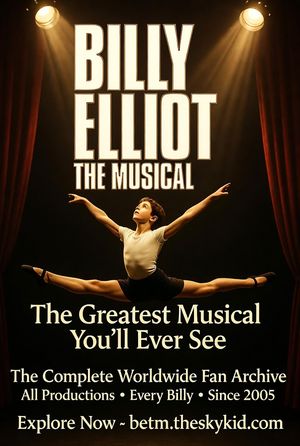In general, children are not familiar with the concept of mortality. And that’s the way it should be. Death in their games (on the playground or the computer) usually only results in an annoying timeout — after which one is back in the game.
Yet, in just about every kid’s life, there comes a time when an encounter with a crueller, darker and permanent event becomes inevitable. And, even then, childhood innocence crosses swords with grim reality — which has as its ally the sad face of grown-up, understanding adults.

Good Machine Gun Sound is a 2014 short film that explores the peculiar encounter of naivety, innocence and reality in the life of an eight-year-old Norwegian boy named Arvid (Erlend Antonsen Meløy), whose family is stuck by tragedy. The movie is part of a series of thematically connected Coming-of-Age films by the Norwegian filmmaker Truls Krane Meby (including the movie World Wide Woven Bodies, which we have previously reviewed).
Meby’s storytelling approach is quite distinctive. Into what appears at first to just be a casual observation of the day-to-day life of the young protagonist and his environment, Meby injects the less joyous side of life, encouraging the viewer to dig into his memories about the first time he encountered death. For example, when I was about 6-years-old, my grandmother died. As I watched this film, I saw myself carrying the cross of my late grandmother and being held in my mother’s arms while she tried to explain, in a way I’d understand, what had happened.

Meby skillfully juxtaposes innocence and guilt, confusion and awe and life and death (metaphorically – as long as we are willing to grant that childhood is equal to life), focusing the viewer’s mind on the subject of mortality in a natural manner. The story feels authentic and real – a slice of real-life – thanks to a capable youthful cast and this director’s talent for working so well with it, especially with the young actor in the lead role.
As with World Wide Woven Bodies (whose theme is sexuality instead of mortality) the camerawork manages to project a sense of intimacy that, as a result, turns the film into a memorable cinematic experience.
I don’t hesitate to recommend the film to anyone looking for a unique take on childhood and grief. If you want to explore the subject matter further, you can visit our section devoted to Coming-of-Age focusing on grief and mortality.
